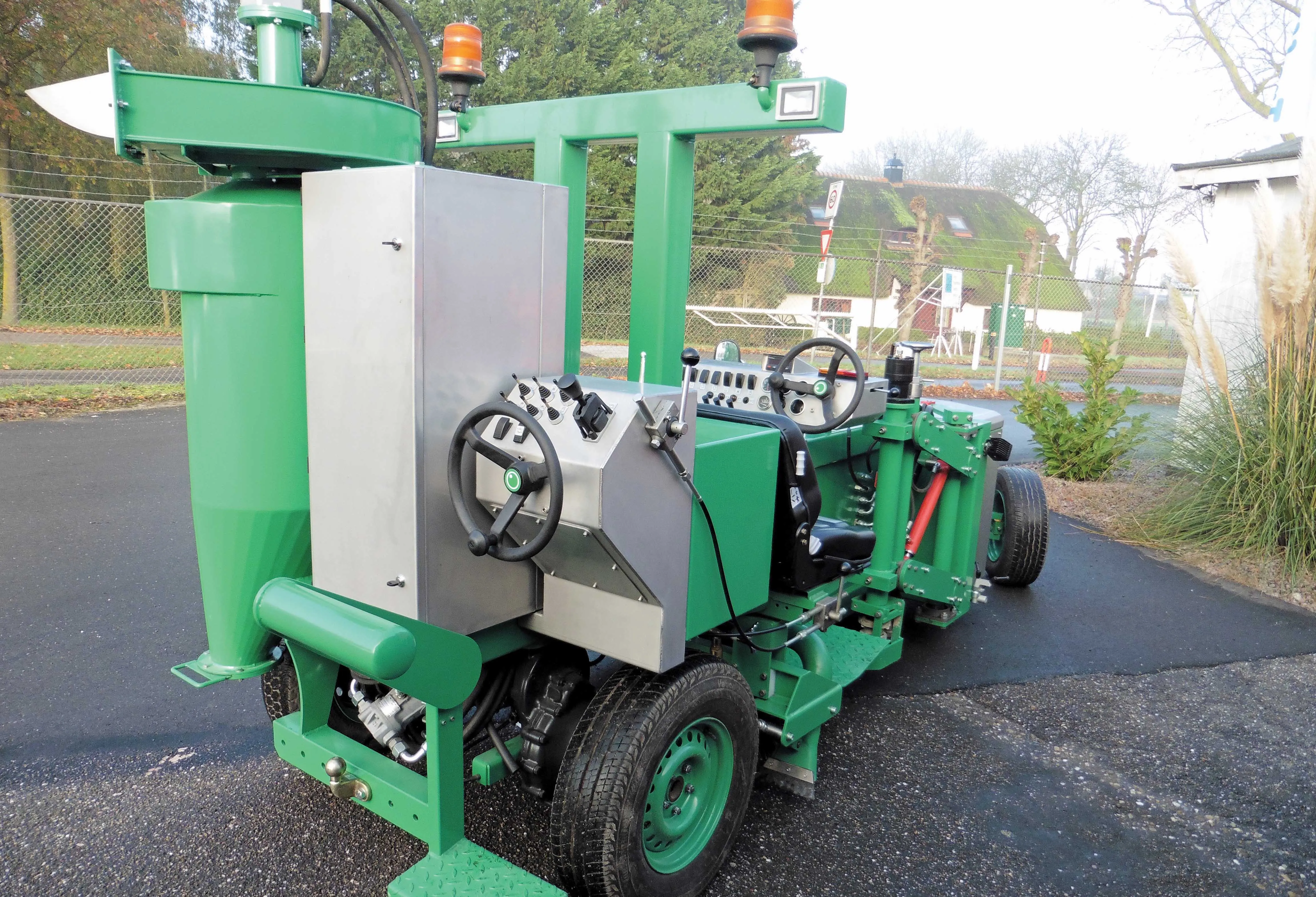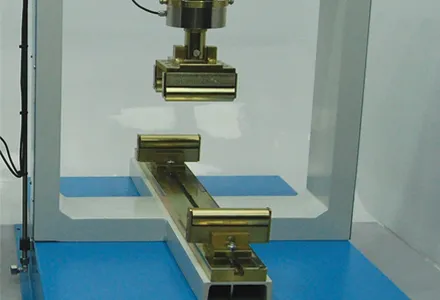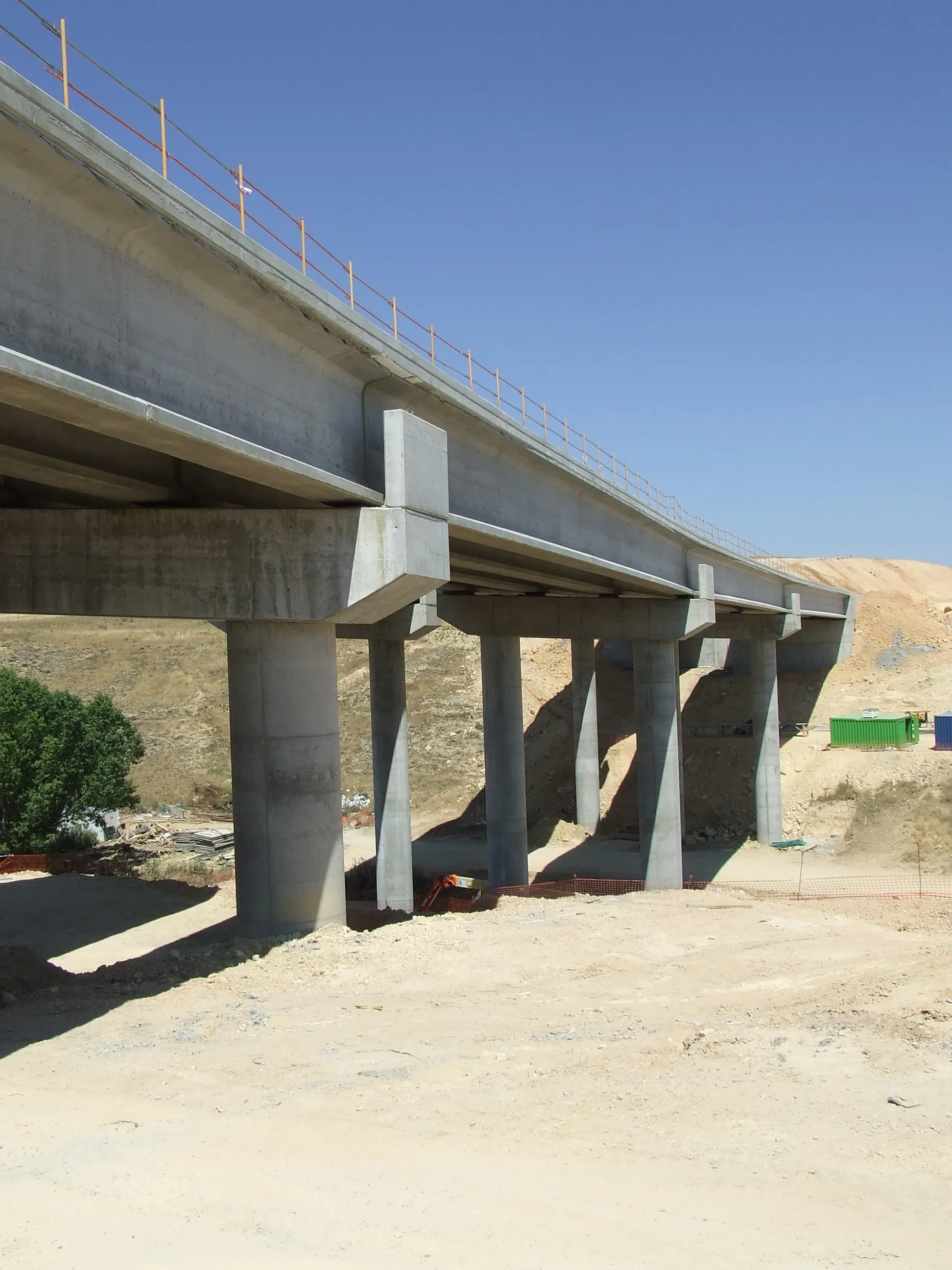A methane-powered bus has set a speed record of nearly 124km/h at a test track in the UK. The bus, from the southern city of Reading, was converted to run on compressed methane from cow manure and was painted black and white like a Friesian cow. Mechanics removed the bus’s engine governor that restricted the vehicle’s speed to 90km/h. The bus then broke the record on the banked high-speed circuit at Millbrook Proving Ground, near the city of Bedford. The cow waste was broken down by anaerobic digestion to p
August 21, 2015
Read time: 2 mins
A methane-powered bus has set a speed record of nearly 124km/h at a test track in the UK. The bus, from the southern city of Reading, was converted to run on compressed methane from cow manure and was painted black and white like a Friesian cow. Mechanics removed the bus’s engine governor that restricted the vehicle’s speed to 90km/h. The bus then broke the record on the banked high-speed circuit at Millbrook Proving Ground, near the city of Bedford. The cow waste was broken down by anaerobic digestion to produce biogas, which was then liquefied and stored in several fuel tanks within the expanded roof of the bus. The bus’s speed would not be a Guinness World Record because it failed to exceed 241km/h. But the vehicle did make an appealing sound as it swept past on the track.









